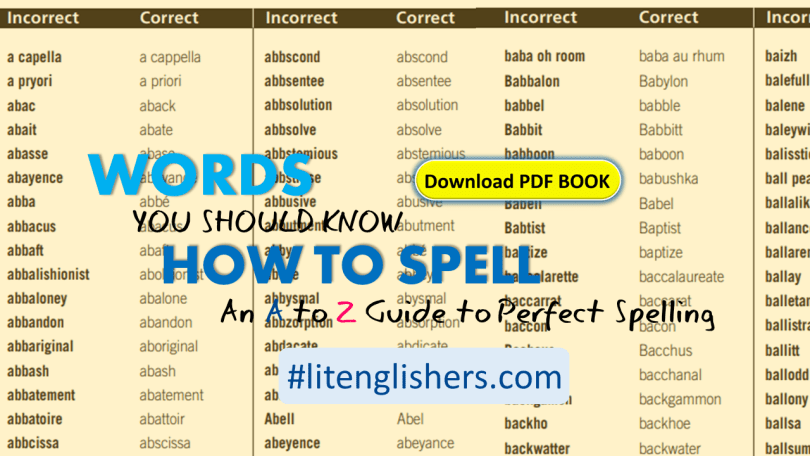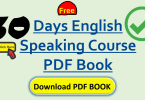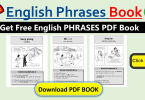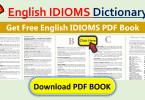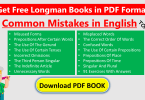WORDS
YOU SHOULD KNOW
HOW TO SPELL
An A to Z Guide to Perfect Spelling
“I put a spell on you / Because you’re mine.” Whether sung languorously by Nina Simone or wildly by Screamin’ Jay Hawkins, these lines from the song “I Put a Spell on You” remind us of a peculiar truth. The noun “spell” with its meaning of a charm put on someone stems from the very same word as “spell,” the verb that refers to naming off the letters that make up a word.
This surprising ancestry lets us start off this introduction to Words You Should Know How to Spell with a more glamorous aura than spelling usually receives. Equally startling is the fact that the word “glamor” is a variant of the word “grammar.” Those of us with awful memories of underlining the subject once and the verb twice find it amazing—but it’s essentially the same story. Having power over words was what seemingly gave sorcerers their prowess. In a world where recording devices lay far in the future and where most people were illiterate, the very phenomenon of writing packed a magic of its own. Imagine being able to preserve a thought forever by making some little scratch marks! Today, writing is not as novel; nonetheless, power over words remains a vitally important skill.
Why Is Spelling Important?
A misspelled word in an otherwise well-executed report is like egg on the face of an otherwise impeccably turned-out individual. At a minimum, misspellings can suggest sloppiness, a telling lack of attention to detail. No one wants to write “You are my best fried” to his buddy, although, of course, the buddy will know what you mean. Yes, good friends do read our minds, but we can’t count on mental telepathy with everyone. At their worst, misspellings can lead to downright confusion and misinterpretation. If you received an e-mail that said a co-worker had a “rye look” on his face, you might think of meanings that a “wry look” could never convey. Similarly, an imminent storm has only a minuscule chance of becoming an eminent storm. (And yes, “minuscule” is related to the world of math— “minus”—not to the world of tiny—“mini.”)
Why Do We Misspell?
What’s the source of spelling errors? Carelessness, for starters. Lack of sufficient knowledge. Textual editors of F. Scott Fitzgerald, a notoriously weak speller, are still wondering about Fitzgerald’s use of “orgastic” near the end of The Great Gatsby. Did he mean “orgiastic?” “Orgasmic?” We don’t know. Sometimes, particularly in informal contexts, spelling variants are intentional. They can signal proud rebellion against the mainstream as in the spelling of “boys” in the movie Boyz n the Hood. Using a z instead of an s for a plural has gained some currency. Will it ever lose its rebel status and infiltrate mainstream spelling? It’s possible—the plural of “eye” used to be “eyne”—but none of us are likely to be around for the corporate report that refers to stockz and bondz.
Similarly, technological developments that began in the late twentieth century have made most people—particularly those under, say, thirty—users of a new kind of spelling shorthand. R U OK? Gr8! C U at 9. (New Yorker writer Adam Gopnik had a wonderful anecdote about frequent instant messaging with his teenage son—who was in the next room—and believing for months that his son’s “LOL” sign-off meant “lots of love.”) Expressions like these make you an instant member of an in-group, but their primary benefit is speed. You want to be quick about answering your pal—especially if you’re typing with your thumb. Will any of these abbreviations ever come into standard English? The letter and number hybrid has a certain chirpy appeal, but it would seem inappropriate to read that the patient was “4tunate that the lab test showed the 2mor 2B B9.” Police dogs as members of the K-9 corps may be as far as this device will go, but you never know—historians of the early days of printing inform us that some spellings were altered because printers needed more or fewer letters to justify their margins.
Most Commonly Misspelled Words
• absence
• accommodate
• achieve
• acquire
• address
• among
• apparent
• argument
• athlete
• awful
Most Commonly Misspelled Words
• baffle
• balance
• balloon
• beginning
• believe
• benefit
• beverage
• bicycle
• breathe
• business
So, we will learn the 5000+ English words and categorize them into A-Z with correct and incorrect misspelled words. The screenshots attached below:
I’ll not take too long to provide you the PDF book of these misspelled words. Just click on the below link and download a free PDF book of 5000+ A-Z Basic to Advanced misspelled words in the English language.
words-you-should-know-how-to-spell.pdf
Read before clicking on the above link:
We are running Google advertising on our blog; that’s why these ads are showing on this page. We are providing free material to you. We are not offering any kind of fee for these ebooks. You can visit the below-attached links to get more free English learning books.
Get More English Books
30 Days English Speaking Course
Common Mistakes in English PDF
